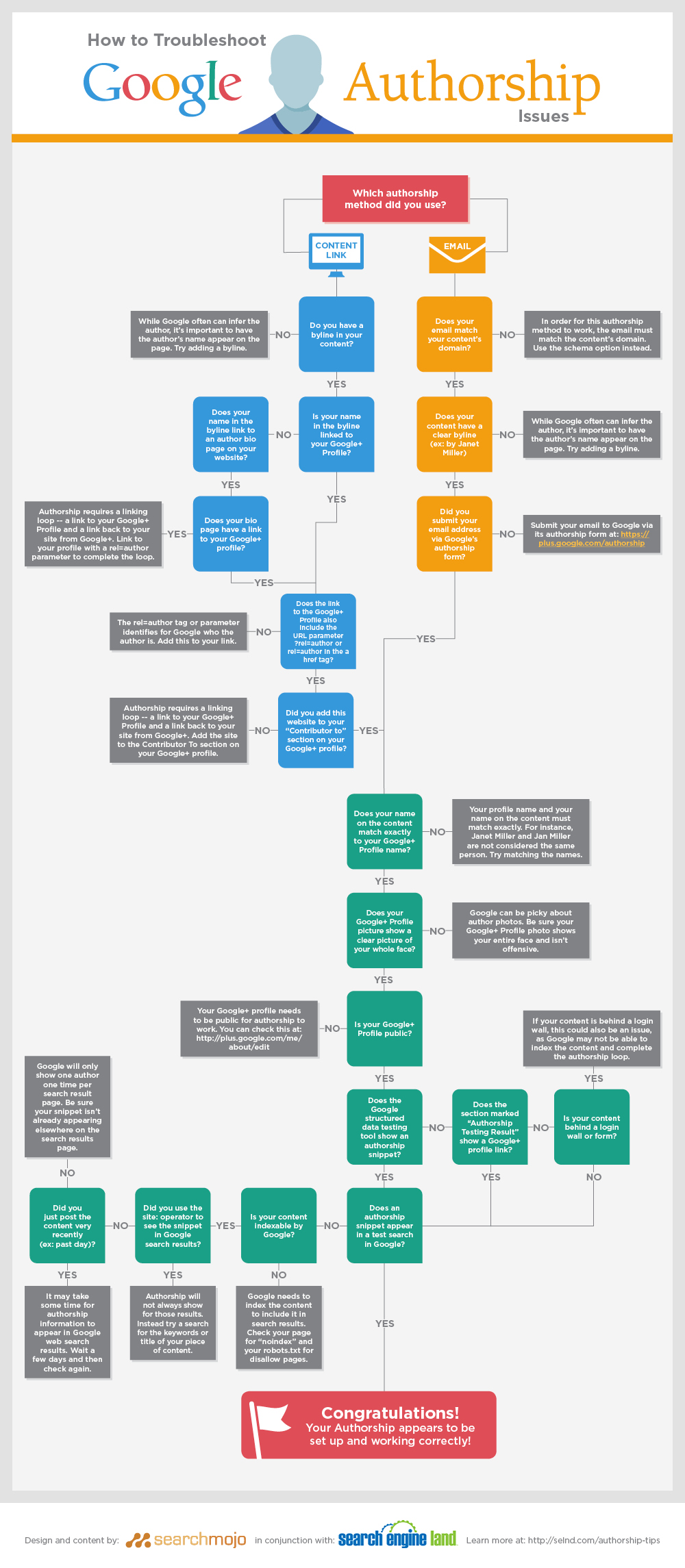 This topic has been getting a lot of coverage consistently this year. Namely down to the fact that there have been some massive updates in the world of SEO this year. Penguin 2.0, the integration of Panda into the algorithm and, of course, the latest and biggest update Hummingbird.
This topic has been getting a lot of coverage consistently this year. Namely down to the fact that there have been some massive updates in the world of SEO this year. Penguin 2.0, the integration of Panda into the algorithm and, of course, the latest and biggest update Hummingbird.
This has effectively signalled the end for bad link building practices. Unfortunately, there are a lot of people still out there who practice these techniques. Lets take a look at which techniques to avoid.
Buying Links
You’d think this would go without saying these days but unfortunately this is still rife amongst SEOs. It’s seen as a quick win thing, and you might get some luck out of it. But Google will realise what you’ve done, and then you’ll be in an even worse position than when you started off.
Article Directories
These did actually help SEO at one point. Content was written and published to relevant sectors of article directories. Then came the spammers. Spun content and automatic submissions grew exponentially and Google had no choice but to ban or take manual action on some article directories. These days it would be surprising if Google took article directories seriously.
Low Quality Link Directories
As with article directories, you can still do this well. What you need is an industry specific, high quality, structured directory. You should upload accurate information about your company and avoid exact match anchor text. What you don’t want, is to hit hundreds of general link directories with exact match anchors. That will get you nowhere.
Are there any other techniques you would avoid using when link building?
Blog Post by Greg McVey











